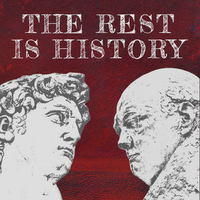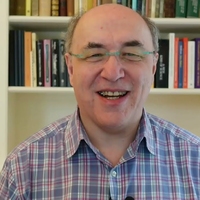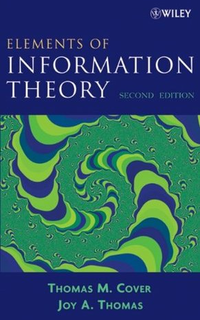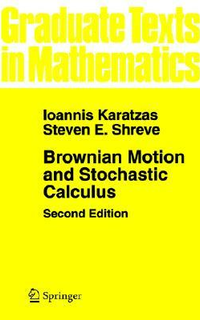Essayist, mathematical statistician, former option trader, risk analyst, and aphorist. Work concerns problems of randomness, probability, and uncertainty.


Video
Feb 22, 2022







Essayist, mathematical statistician, former option trader, risk analyst, and aphorist. Work concerns problems of randomness, probability, and uncertainty.








